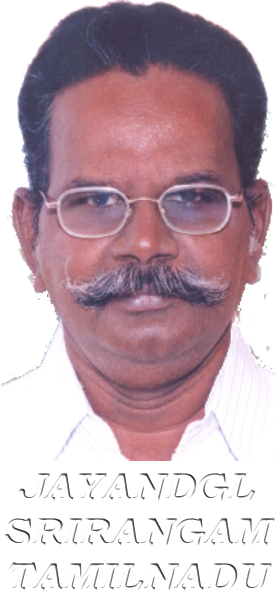273.WHAT IS THE NOBEL PRIZE?
Every year, when the Nobel Prizes are announced there is a great deal of publicity about the winners. They are interviewed and articles are written about them. This is because winning the Nobel Prize is considered by most people the highest honor that can be achieved in certain particular fields of work such as chemistry, physics, medicine, and literature.
There is also a Nobel Peace Prize, awarded for efforts on behalf of peace. The curious thing about these prizes is that they were started by a man who did a great deal to help the science of destruction! Alfred Nobel was born in Stockholm and lived from 1833 to 1896. Among the things which he invented and patented were dynamite, blasting gelatin (more powerful than dynamite), and a new kind of detonator for explosives.
It may be that having created such deadly explosives, Nobel felt a need to do something “noble” for the world. He was interested in establishing peace, and had a plan he thought would prevent war. By the way, besides being a brilliant scientist, Nobel was also a poet. He thought that literature and science were the most important factors in human progress.
When he died, Nobel left a fund of $9,000,000. The money was to be used in giving prizes to those who made outstanding contributions in physics, chemistry, medicine, literature, and the advancement of world peace. The prizes averaged about $40,000 each, and were first awarded on December 10, 1901, the anniversary of Sobers death.
Since Nobel was a Swede, the Nobel Foundation of Sweden distributed the awards. The organizations selected to determine the winners were: for physics and chemistry, the Royal Academy of Science in Stockholm; for medicine, the Caroline Institute of Stockholm; for literature, the Swedish Academy of Literature; for peace, a committee of five persons chosen by the Norwegian Parliament.
Many great people have won Nobel Prizes: among them are Theodore Roosevelt, Albert Einstein, George Bernard Shaw, Marie Curie, Rudyard Kipling, Ernest Hemingway, and Ralph Bunche.



Leave a Reply